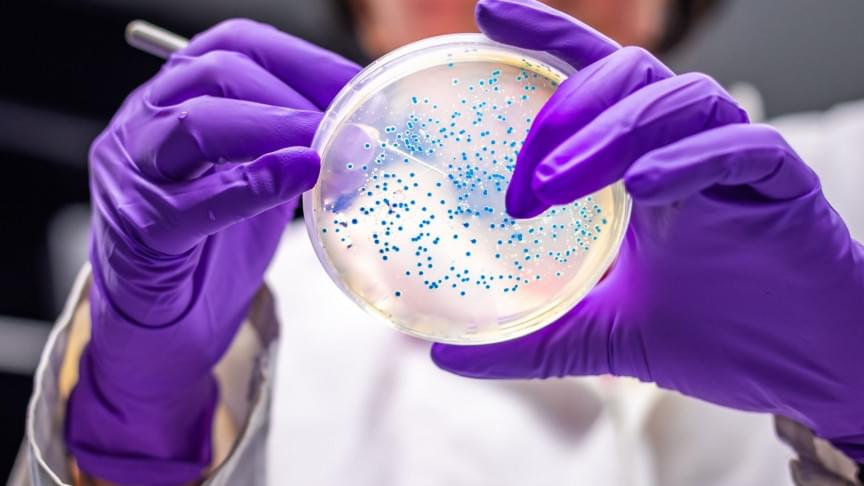The results of the study could lead to new treatment options. In a groundbreaking new study published in the journal Nature on Thursday, researchers have compared the brain cells of patients who had died from either Parkinson’s disease or dementia to people unaffected by the disorders and found which brain cells are responsible for both conditions.
A team of researchers has created a bacteria that can produce a steady and consistent source of medicine inside a patient’s gut, suggesting the possibility for genetically edited bacteria to be an efficient Parkinson’s disease treatment.
Moreover, the researchers have shown via preclinical experiments that the novel treatment technique is not only safe and well-tolerated, but it also reduces side effects that can occur when other treatments are utilized.
An engineered probiotic
For long, scientists have been experimenting with ways of engineering bacteria to fit our needs for decades. The new research is the latest example of that.









Comments are closed.